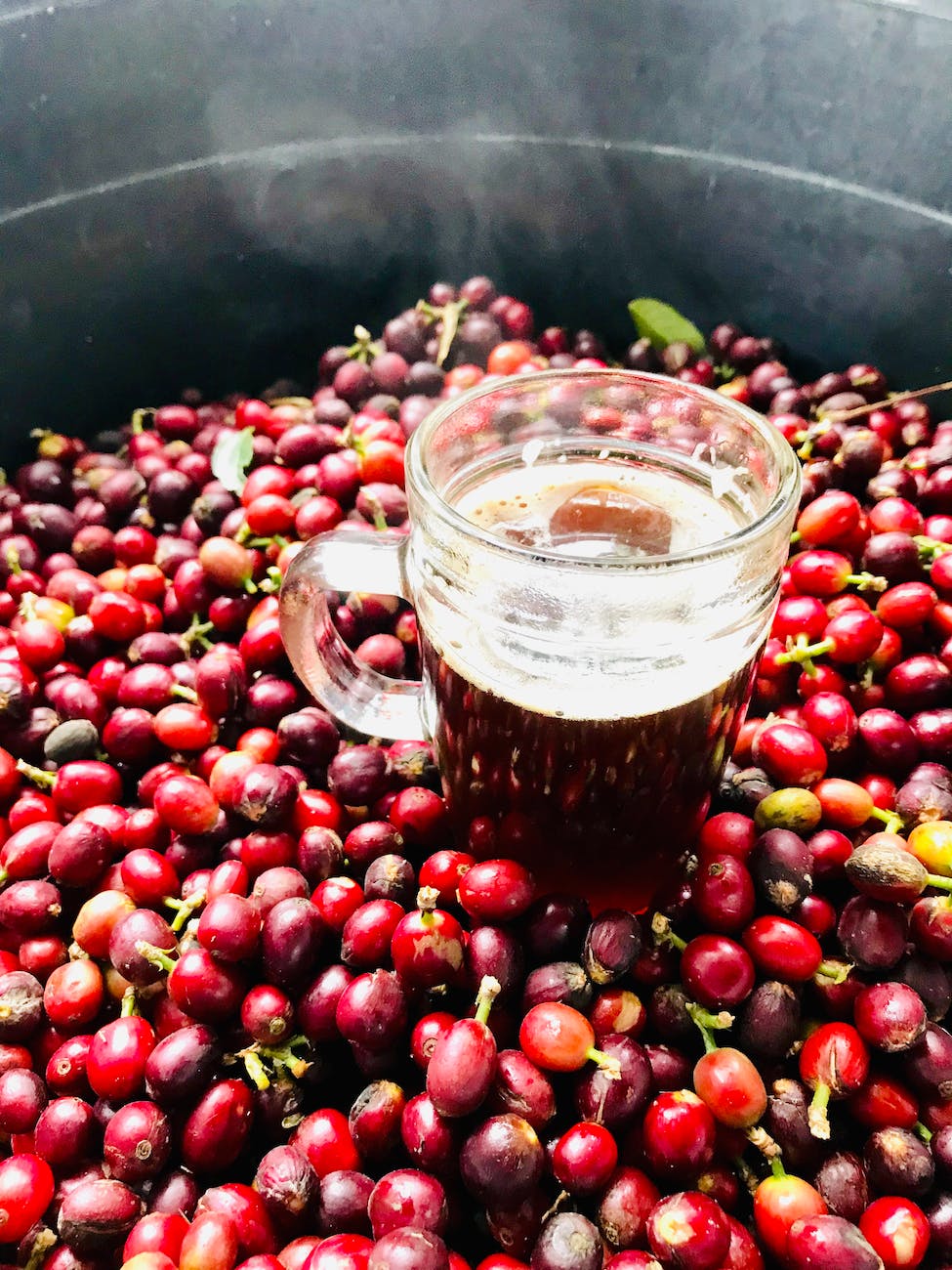
Looking for a refreshing and tangy addition to your weight loss regimen? Look no further than cranberry juice! Beyond its delightful taste, cranberry juice offers numerous benefits that can support your weight loss goals. Let’s dive into five important facts about cranberry juice and its potential impact on weight loss:
Nutrition Facts of Cranberry Juice:
Before we explore the benefits, let’s take a closer look at the nutritional composition of cranberry juice. Here’s a breakdown of the macronutrients found in a typical 8-ounce (240 ml) serving of cranberry juice:
| Macronutrient | Amount |
|---|---|
| Calories | 116 |
| Carbohydrates (g) | 31.2 |
| Fiber (g) | 0.4 |
| Sugar (g) | 30.9 |
| Protein (g) | 0.1 |
| Fat (g) | 0 |
1. 💦 Hydration and Calorie Control: A Winning Combination! 🌊🍒
Staying properly hydrated is crucial for weight management, and cranberry juice can be a valuable ally in this aspect. With its high water content, cranberry juice helps keep you hydrated while providing a flavorful alternative to plain water. By choosing cranberry juice as your beverage of choice, you can stay hydrated and potentially reduce your calorie intake by opting for a low-sugar or unsweetened variety.
2. 🌱 Natural Detoxification: Support for a Healthy Weight! 🍃🍒
Cranberry juice has long been associated with its natural detoxifying properties. It contains antioxidants called proanthocyanidins, which help cleanse the body by reducing oxidative stress and supporting the health of various organs, including the liver and kidneys. By including cranberry juice in your diet, you can aid your body’s natural detoxification processes and potentially promote a healthy weight.
3. 🌾 Fiber Powerhouse: Feel Fuller, Eat Less! 🌾🍒
Fiber is an important component of a weight loss diet, and while cranberry juice is not particularly high in fiber, it can still contribute to your daily intake. Consuming cranberry juice can provide a small amount of dietary fiber, which helps promote feelings of fullness and can potentially reduce overall calorie consumption. By feeling satisfied for longer periods, you may be less inclined to snack on high-calorie foods, supporting your weight loss efforts.
4. 🌿 Urinary Tract Health: Supporting Overall Well-Being! 🌺🍒
Cranberry juice is renowned for its potential benefits in supporting urinary tract health. While not directly linked to weight loss, maintaining overall well-being is essential for successful weight management. By promoting a healthy urinary tract, cranberry juice helps contribute to your overall health, ensuring that you can stay focused on your weight loss goals without the distraction of discomfort or potential urinary issues.
5. 🌟 Versatile and Delicious: Mix It Up! 🍹🍒✨
Cranberry juice is incredibly versatile and can be enjoyed in various ways. Whether you prefer it as a standalone beverage, mixed into smoothies, or used as an ingredient in sauces and dressings, cranberry juice adds a delightful tang and flavor to your culinary creations. Get creative in the kitchen and explore the countless possibilities to incorporate cranberry juice into your weight loss-friendly recipes.
By incorporating cranberry juice into your diet, you can enjoy its unique benefits while adding a burst of flavor to your weight loss journey. Remember to choose a variety without added sugars or opt for freshly squeezed cranberry juice to maximize its health benefits.












